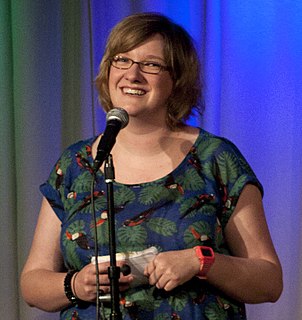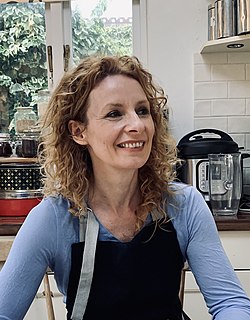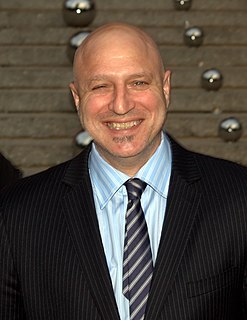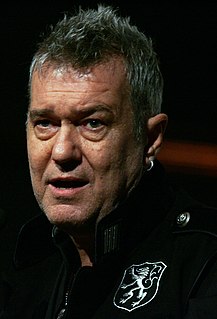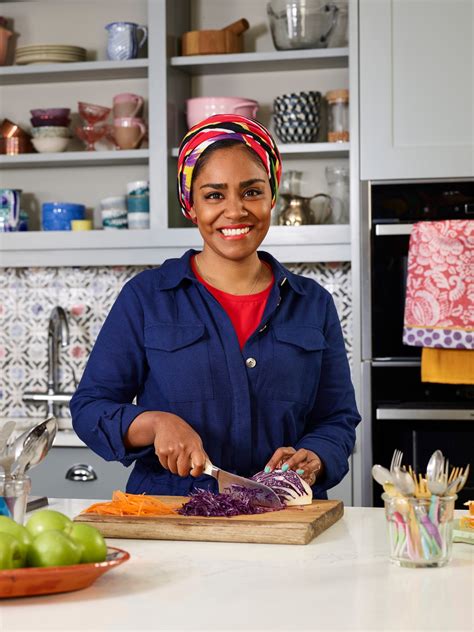A Quote by Sarah Millican
I am very new to cooking. At school, our home economics lessons were very poor. We were told to pick a recipe and then cook it. So no actual teaching involved then.
Related Quotes
If old consumers were assumed to be passive, then new consumers are active. If old consumers were predictable and stayed where you told them, then new consumers are migratory, showing a declining loyalty to networks or media. If old consumers were isolated individuals, then new consumers are more socially connected. If the work of media consumers was once silent and invisible, then new consumers are now noisy and public.
The thing that impressed me then as now about New York… was the sharp, and at the same time immense, contrast it showed between the dull and the shrewd, the strong and the weak, the rich and the poor, the wise and the ignorant… the strong, or those who ultimately dominated, were so very strong, and the weak so very, very weak - and so very, very many.
In the thirties a whole school of criticism bogged down intellectually in those agitprop, social-realistic days. A play had to be progressive. A number of plays by playwrights who were thought very highly of then - they were very bad playwrights - were highly praised because their themes were intellectually and politically proper. This intellectual morass is very dangerous, it seems to me. A form of censorship.
Typically, you learn how to cook, but you don't know why. We were looking for a deeper understanding of what was happening to our food as we roasted it, boiled it, grilled it, chopped it, etc. And it turned out, as we began to really say what is cooking, what does it mean to cook, there's a lot of science involved.
